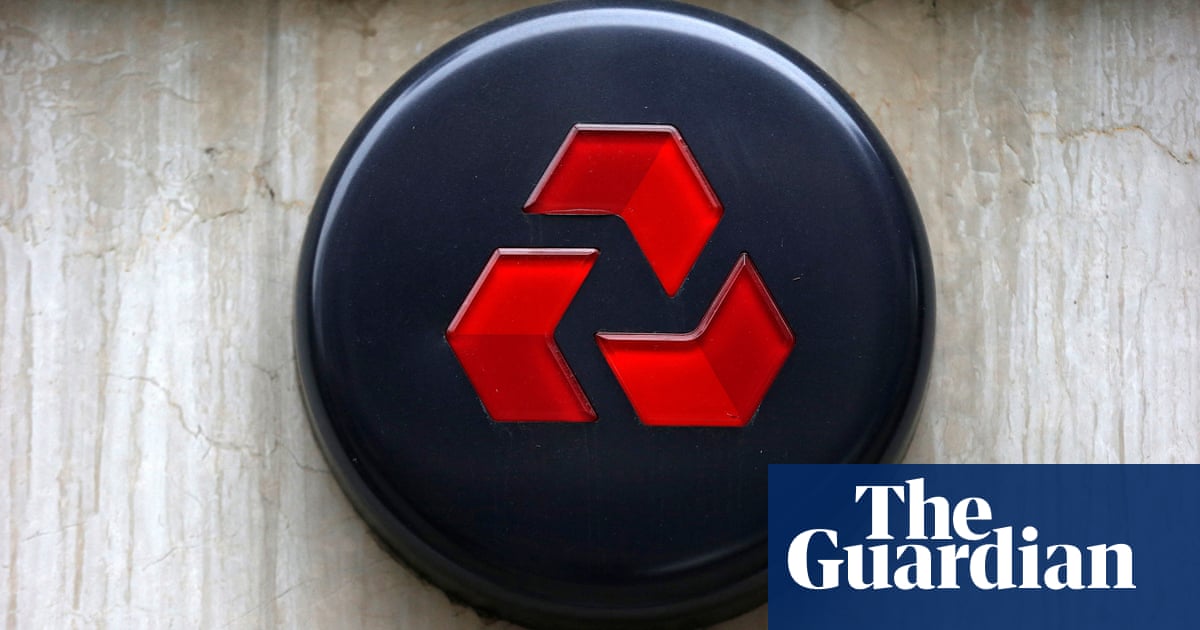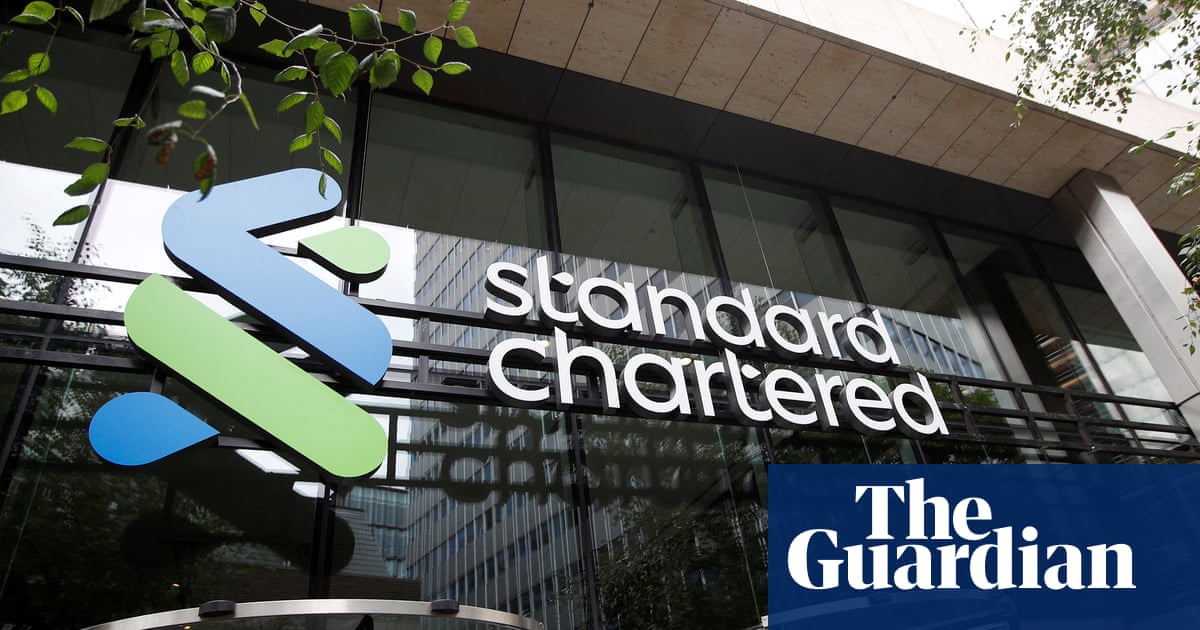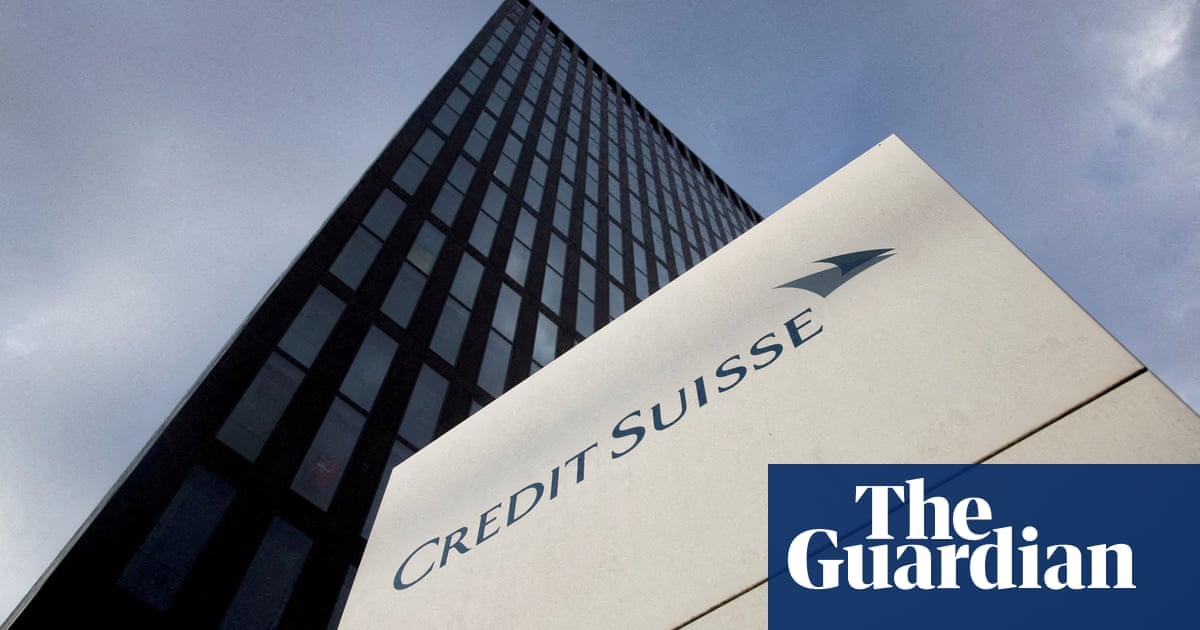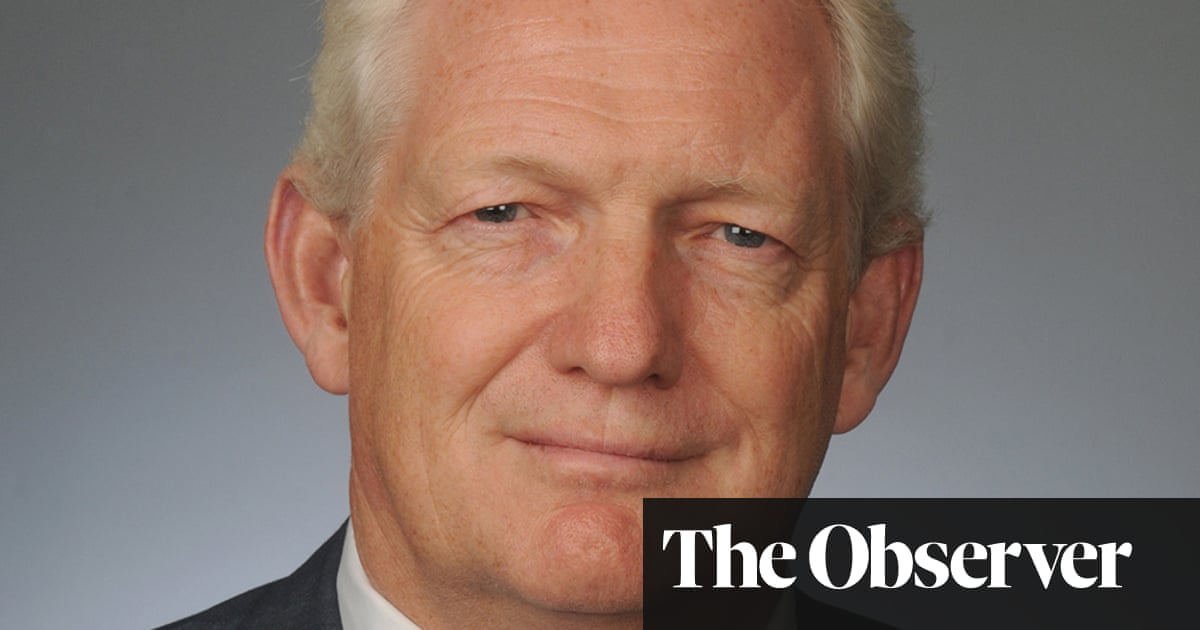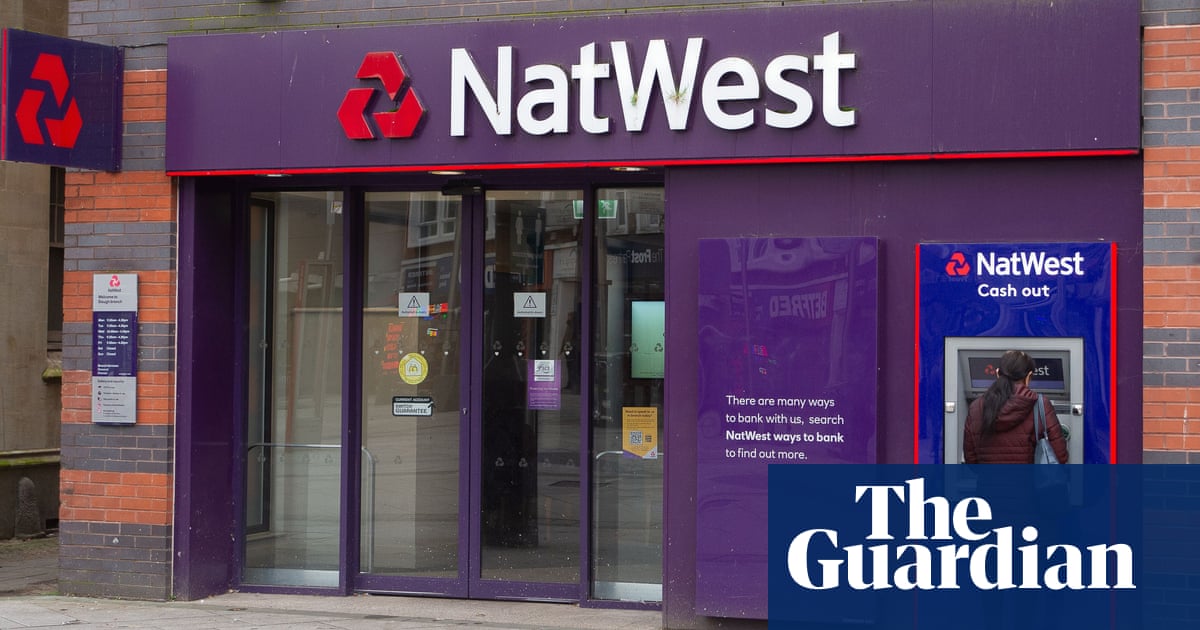
NatWest made its biggest annual profit last year since the 2007 financial crisis, helped by high interest rates, as the bank confirmed the interim boss, Paul Thwaite, would permanently take over as its chief executive before a public sale of its government-owned shares.
The UK lender – which is still 35% government-owned – said pre-tax profits rose 20% to £6.2bn in the year to December. That is higher than analyst forecasts for £6bn, and marks its largest annual profit recorded since it made £10bn in 2007, the year before excesses led to a £45.5bn public rescue that has yet to be fully unwound 16 years later.
Bumper profits in 2023 came as the bank made more money from loans and mortgages, compared with what it paid to savers, after another year of interest rate increases by the Bank of England. Those earnings, known as net interest income, rose 12% to £11bn.
It sent NatWest shares up more than 5%, making it the biggest riser on the FTSE 100.
The bank’s bonus pool for bankers fell 3% to £356m despite the jump in profits. NatWest said this reflected the impact on shareholders, after the bank missed previous earnings guidance. Shareholders will receive a £1bn payout, with a final dividend worth 11.5p a share, and have a chance to take part in a £300m share buyback programme.
The earnings results will set a high benchmark for Thwaite, who NatWest confirmed on Friday would take over permanently as chief executive with immediate effect, running the bank alongside the incoming chair, Rick Haythornthwaite.
Thwaite was paid £1.7m pay package for the year, including a £245,000 cash bonus, and other benefits such as £21,000 for business travel and £1,700 for home security.
Thwaite, who previously ran NatWest’s business banking division, took over as the interim chief executive in July after his predecessor, Alison Rose, was forced to quit over a debanking row with Nigel Farage.
Thwaite’s appointment will help pave the way for government plans to sell shares in NatWest to the general public later this year, after the state agency that manages the taxpayer stake said the market needed reassurance on NatWest’s leadership before going ahead.
The debanking controversy started when Coutts – the NatWest-owned private bank for the ultra-wealthy – planned to shut Farage’s bank accounts, and snowballed after Farage obtained internal documents that showed the bank had concerns over his political views. The scandal escalated when it emerged that Rose had discussed Farage’s case with a BBC journalist.
Rose was forced to forgo £7.6m in pay from NatWest, although independent lawyers hired by the bank concluded she had made an “an honest mistake” in speaking with the BBC and that concerns over Farage’s political views were not the driving factor in the decision to shut his accounts.
While the jump in earnings will be a relief after a tumultuous year, there are signs that profit growth could slow. NatWest warned that total income was expected to drop to £13bn-£13.5bn in 2024, from £14.8bn this year, adding: “The economic outlook remains uncertain.”
The bank’s forecasts point to a drop in inflation to 2.5% by the end of 2024 – from 4% now – leading to a cut in interest rates to 4% from current levels of 5.25%, which could put pressure on net interest income.
Thwaite said the encouraging news on inflation was also being offset by other factors, including the government’s removal of energy bill support and the fact that millions of homeowners were still set to roll off fixed mortgage terms on to higher rates.
That bank had seen customers try to “take more control of their spending” and were supplementing their income, including through cashback sites and secondhand shops online.
However, Thwaite said the bank was going into 2024 “focused on the things we can control; delivering profitable growth, becoming more efficient, more productive, and simpler to deal with, while managing our cost and capital efficiently. Together, these actions will drive long-term, sustainable value for our customers, shareholders, and the wider UK economy.”




